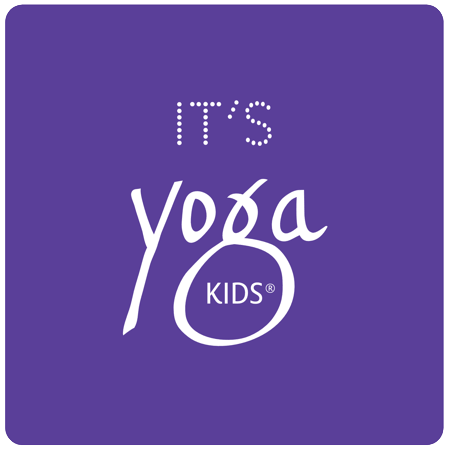Press PLAY to listen to this post.
My parents turned 80 this year. My dad is still the number 1 tennis player in the world in his age bracket. My mom is beautiful, living healthily too. Neither of them do yoga. I wish they would! Their bodies and minds are changing. I can see it. I will be doing yoga when I’m 80. That’s for sure!
Aging is a natural part of life that brings with it a myriad of changes—both physical and emotional. As we grow older, maintaining our health and well-being becomes increasingly important. One practice that has gained popularity for its holistic benefits is yoga. Yoga, with its emphasis on flexibility, strength, and mindfulness, offers a gentle yet effective way to navigate the aging process with grace and strength.
The Physical Benefits of Yoga for Aging
1. Flexibility and Balance
One of the most noticeable changes as we age is a reduction in flexibility and balance. This can lead to a higher risk of falls and injuries. Yoga poses, or asanas, are designed to enhance flexibility by stretching muscles and improving joint mobility. Regular practice can help maintain and even improve range of motion, making daily activities easier and safer.
2. Strength and Stability
Muscle mass and bone density tend to decrease with age, which can lead to frailty and osteoporosis. Yoga incorporates weight-bearing poses that strengthen muscles and bones. Poses like the warrior series, plank, and tree pose engage various muscle groups, enhancing overall stability and strength.
3. Pain Management
2Chronic pain, especially in the back, neck, and joints, is common among older adults. Yoga can help alleviate pain through gentle stretching and strengthening exercises that improve posture and reduce strain on the body. Additionally, yoga encourages relaxation and stress reduction, which can further help manage pain.
The Mental and Emotional Benefits of Yoga
1. Stress Reduction
Aging can bring about significant life changes, such as retirement, loss of loved ones, and health challenges. These changes can contribute to increased stress and anxiety. Yoga emphasizes mindfulness and deep breathing, which activate the parasympathetic nervous system, promoting relaxation and reducing stress hormones.
2. Cognitive Function
Engaging in regular physical activity, including yoga, has been shown to support cognitive function. Yoga practice encourages mental focus and concentration, which can help keep the mind sharp. Meditation and breathwork, integral parts of yoga, also support mental clarity and emotional balance.
3. Emotional Well-being
Yoga fosters a sense of community and connection, which can be particularly beneficial for older adults who may feel isolated. Group classes provide social interaction, while the practice itself encourages self-acceptance and compassion. This holistic approach can lead to improved mood and a more positive outlook on life.
Adapting Yoga for Older Adults
It's important to note that yoga is highly adaptable and can be modified to suit individual needs and limitations. Chair yoga, for example, offers seated poses that are accessible to those with mobility issues. Gentle yoga classes focus on slow, deliberate movements and deep relaxation, making them ideal for beginners and older adults.
Tips for Starting a Yoga Practice
1. Consult with a Healthcare Provider: Before starting any new exercise regimen, it's important to consult with a healthcare provider, especially if there are existing health conditions.
2. Find the Right Class: Look for classes specifically designed for older adults or beginners. These classes will focus on gentle movements and modifications.
3. Listen to Your Body: Yoga is about connecting with your body and understanding its limits. Avoid pushing yourself too hard and modify poses as needed.
4. Consistency is Key: Regular practice is more beneficial than sporadic sessions. Aim to incorporate yoga into your routine several times a week.
Aging is an inevitable journey, but it doesn't have to mean a decline in quality of life. Yoga offers a pathway to aging with grace, strength, and a sense of well-being. By incorporating yoga into your daily routine, you can improve your physical health, enhance your mental clarity, and cultivate emotional resilience. Embrace the journey of aging with yoga, and discover the profound benefits it can bring to your life.
P.S. If you want to do yoga with the grandkids, let us show you how. It’s so beneficial and fun!

